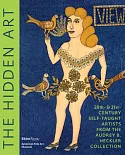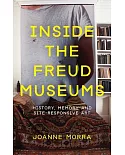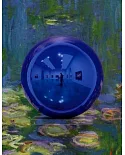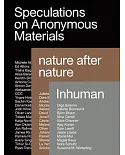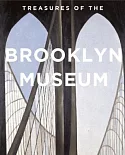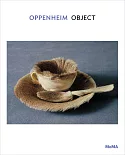Graciela Iturbide makes subtle yet powerful photographs that blend evocative scenes, primarily the cultures of her native Mexico, with her own deeply personal vision. Images of the
Spirit, the first major publication of Iturbide's photography, demonstrates how in her dreamlike encounters with what may first appear to be ordinary, she perceives the surreal and the
marvelous. Iturbide's work is a mixture of history, lyricism, and portraiture, sometimes informed by the art of Mexico's photographic master, Manuel Álvarez Bravo. In Iturbide's photographs,
she combines the story of a culture in transition with issues of identity, diversity, and selfhood.
As the poet and critic Roberto Tejada points out in his Preface, "Sidelong Mirrors and Invisible Masks," Iturbide's photographs "underline time and again the rift between belonging and
citizenship, rendered often against a backdrop of Mexican icons or heroes--be it the frail displacement of a rural campesino in Puebla, or the triumph of locals in East Los Angeles." Tejada
who has lived in Mexico for the last ten years, provides a trenchant illumination of this Mexican photographer's use of her country's lore and stories of conquest, it's pre-Hispanic past, its
indigenous visual vocabulary, and its centuries of tradition and ceremony, often infused with Christian iconography.
Writer and scholar Alfredo López Austin is an anthropologist studying Latin American cultures. In his series of letters to Iturbide, which form the poetic Epilogue to Images of the
Spirit, he envisions her "on a promontory set over the world in such a way as to see from one ocean to the other, to approach the vault of heaven and to surpass the artificial
boundaries." Reflecting on the breadth of her expansive, insightful mind while invoking many narrative voices and identities drawn from Mexico's richly vibrant mythologies, López Austin shows
us how Iturbide's photographs mirror the artist herself. Through his writing Iturbide is revealed as observer, searcher, affirmer.
Images of the Spirit is produced at the highest level of the printer's art, enhancing the resonance of Iturbide's imagery, and the luminosity of her vision. Iturbide's compassion and
dedication to her native land and its people make Images of the Spirit a power evocation of the underlying forces inspiring the complex, diverse, and ever-changing cultural landscape
of Mexico.
This aperture publication accompanies a traveling exhibition that opened at the Philadelphia Museum of Art.





